The eCommerce industry is huge. In the UK alone, the market size is estimated at £218.83 billion in 2024 and is expected to reach £585bn by 2029. It’s no wonder that there are so many eCommerce payment solutions by different companies vying for your attention.
But the question is: which one deserves your attention? And which is the best solution for your business? Let’s take a look.
What are online payment solutions?
Online payment solutions are the tools that allow your customers to pay for your products and services online. They oversee the entire payment process, from payment method selection to the transfer of funds.
There are two key aspects of an online payment tool. First, there is a payment gateway, which uses a virtual point of sale to authorise payments securely. Then, there is a payment processor, which transfers funds from the buyer’s and seller’s accounts securely and efficiently.
eCommerce payment tools also encrypt payment information to ensure security, verify customer information before authorising transactions, and confirm to the buyer that the purchase was successful.
The best eCommerce payment options in 2024
What differentiates the various payment tools? For the most part, you should consider tools for ease of payment (including different currencies if relevant for your market), costs, and unique features like digital invoicing and fraud detection. We’ll try to explain the benefits of the best eCommerce payment options in 2024.
1. Paypal
PayPal, one of the more well-known payment tools on the market, is a great choice for both small and large businesses simply because of its recognisability and trustworthiness. It’s also easy to use, accepts 100+ currencies, and connects with all major marketplaces.
It’s also ideal for customers, as it provides them with multiple payment options: online checkout on your website or a mobile app. You can even send payment requests to customers via their email addresses.
However, PayPal has a high chargeback fee of 2.9% + 30p per commercial transaction in the UK. Meanwhile, customer support can be tough to reach, which is never fun.
2. Stripe
Stripe is an online financial infrastructure provider that helps businesses do all sorts – including sending payments, automating financial processes, and of course accepting payments.
Stripe is great for its simplicity and flexibility. It integrates easily with most cloud accounting software tools. It also comes with a codeless UI creation for your payment gateway, so you can customise yours as you see fit.
Pricing varies by transaction type but is 1.5% + 20p for standard UK card transactions, plus a 2% currency conversion fee.
3. GoCardless
GoCardless is another great choice for online businesses, especially those with subscription-based organisations. The creators focused on this area with their product. They also specialise in direct debits, offering instant bank pay.
However, GoCardless’s reach is considerably smaller. It collects payments in 30+ countries. It is well-priced at 1.5% + 20p for standard UK transactions, plus a 2% currency conversion fee.
4. Amazon Pay
Amazon Pay is a unique tool on our list. It offers a secure and reliable way for customers to use their credit and debit card details stored on their Amazon profiles to make online payments quickly and safely.
This is an incredibly convenient payment system, as individuals with an Amazon account can pay you very quickly. It also offers fast and easy integration and great support.
Pricing varies by volume: 2.7% + 30p per transaction for monthly columns under £50,000. Currency conversions incur a fee of 0.5%- 1.5%, plus the interbank rate + 0.5%.
New HMRC reporting requirements for online sellers
Starting 1 January 2024, HMRC has introduced new reporting requirements for online sellers. All digital platforms, including eCommerce sites, must report the earnings of sellers using their platforms. This is part of the UK’s compliance with the Organisation for Economic Co-operation and Development (OECD) Model Reporting Rules for Digital Platforms.
These new requirements mean that if you sell products or services online, the platforms you use will report your income to the HMRC. This applies regardless of whether you are selling through your website, social media, or other eCommerce platforms.
Key points of the HMRC requirement:
- Digital platforms must report the income of sellers to HMRC.
- Sellers must ensure their financial records are accurate and up to date.
- Failure to comply can result in penalties and fines.
These changes underline the importance of choosing an eCommerce payment solution that not only meets your business needs but also supports compliance with these new reporting requirements. Ensuring that your chosen platform can integrate seamlessly with your accounting system and provide clear records of transactions is crucial for maintaining compliance.
There are so many eCommerce payment solutions out there that it’s impossible to cover them all here. So, why not reach out to us? Describe your business and what you’re looking for from a payment solution, and we’ll find the one that works best for you.







